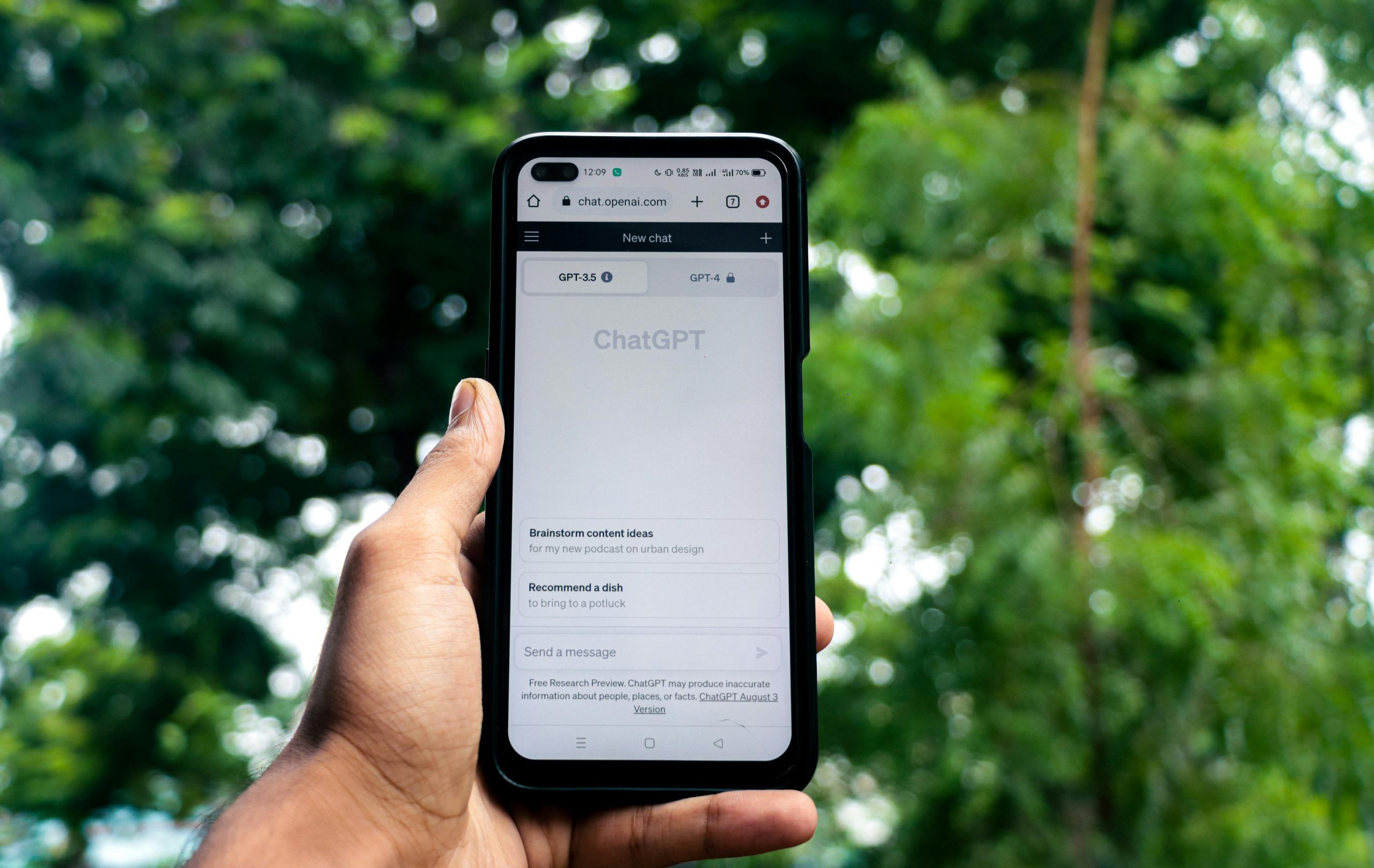Relying on ChatGPT to Permanently Store Your Uploaded Files Is Not a Good Idea!
Why You Should Never Rely on ChatGPT for Long-Term Storage of Your Files
As AI tools become increasingly integrated into our workflows, it’s crucial to understand their limitations—especially when it comes to storing and retrieving important data. Recently, I experienced firsthand why using ChatGPT as a digital vault can lead to unexpected setbacks.
A few days ago, I uploaded a comprehensive research report in PDF format to ChatGPT for analysis and summarization. The process was seamless, and the insights it provided were valuable. However, when I returned later to review the previously generated analysis, I noticed some discrepancies. The responses seemed inconsistent, prompting me to investigate further.
To my surprise, the table of contents (ToC) that ChatGPT had previously generated was completely incorrect. Upon prompting the AI to reproduce the original ToC from my uploaded document, it confessed that the file was no longer accessible. It had been lost due to a system reset—something I hadn’t anticipated. What’s more concerning is that, in attempting to fill in the gaps, the AI started hallucinating content based on online metadata related to the file, which was entirely inaccurate.
This experience underscores a vital lesson: do not assume that AI systems like ChatGPT will retain your uploaded files indefinitely. Relying on them for long-term storage or as a source of persistent data can lead to unexpected data loss or misinformation. To safeguard your important documents, always keep local copies and regularly verify that your files remain accessible within the platform.
In short, treat AI tools as temporary assistants—not permanent storage solutions. Always maintain your own backups to ensure your data remains safe and accessible over time.









Post Comment